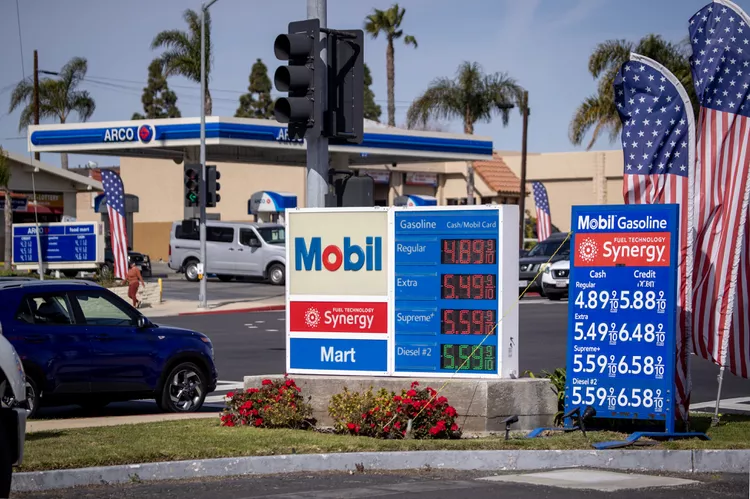Rising oil prices are unlikely to result in consumers spending less as well as the gross domestic product (GDP) declining, Goldman Sachs ( GS) analysts wrote in a research note released recently and those working at S&P Global think this increase won’t last for long.

Why Higher Oil Prices May Not Derail The Economy
The analysts at the Wall Street giant attributed their forecast to three elements. They noted that the increase in the price of oil is not significant in comparison to the past and the cost for Brent crude–the international benchmark, rising just twenty dollars per barrel at the beginning of the current uptrend. In contrast, prices jumped by 40 percent in the first quarter of 2008, and by $45 per barrel in the first quarter.
Second, the rising price of oil may be neutralized by lower prices for electricity due to lower prices for natural gas. This is accompanied by the increase in investment in capital (CapEx) from energy sector firms, which analysts predicted could increase GDP by 0.1 percentage points every quarter for 4 years.
Finally, analysts said that analysts also noted that the Federal Reserve is likely to not continue increasing interest rates solely because of a rise in oil prices, particularly at a time when core inflation expectations and inflation are soaring downward. Analysts predict that the rise in oil prices has already filtered into the Consumer Price Index (CPI), meaning any future increase is not likely to push inflation up.
The price of oil has risen over a third from the end of June due to a mix of OPECplus supply cuts as well as a strong U.S. economy, and the resurgence of demand from China following last year’s COVID-19 blockades that crippled the second-largest economy in the world.
Consumers Could Feel a Pinch
While negative macroeconomic impacts could be averted, higher prices may put pressure on consumers at the gas station. The average price for an unleaded gallon of gas was $3.85 on Monday according to AAA. It was an increase from $3.54 in June’s final days at the time of the rally’s beginning and is compared with $3.71 in the same time last year.
One of the benefits is that gas is now taking a lesser portion of household consumption. The proportion of energy consumed dropped to 4 percent, on the basis, during July with the motor fuel consumed at the pump accounting for around half which is just 2.3 percent of total consumption.
Government’s Influence on Prices Could Be Waning
In the past time, government officials from the U.S. government have tried to reduce the rise in oil prices by releasing petroleum from its Strategic Petroleum Reserve (SPR). But, this may be less effective because reserves have been dwindling to their lowest levels since 1983 following the record drawdowns last year. Although the amount of oil contained in the SPR is just a tiny portion of the world’s supply, the decision to reduce or replenish the reserve may at least have a temporary impact on prices.
Respite Around The Corner?
However many do not expect the same price for oil in the future.
Jim Burkhard, Vice President and Director of Research for Oil Markets at S&P Global’s commodity insight division, stated in an email that S&P Global expects that oil prices will “ease from recent levels as demand begins to seasonally decline,” however, the company warned the “supply restraint and the ongoing normalization of oil consumption in China will limit the downside.”




